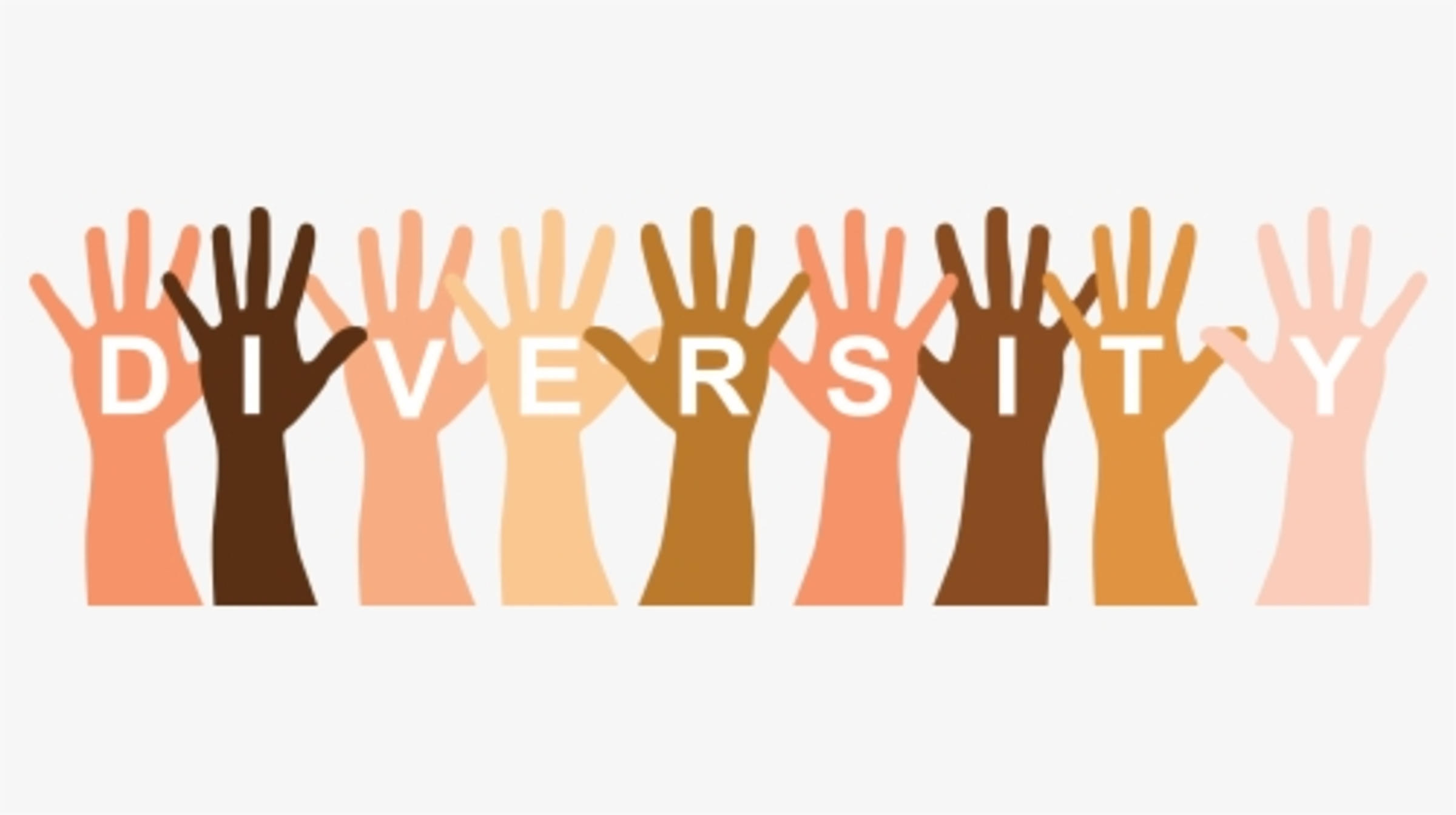Learning Diversity
Vira Pirrotta

Learning Diversity
Vira Pirrotta
What is Dyscalculia?
Dyscalculia is a neurodifference that affects a person's ability to understand and use mathematical skills. It is estimated that around 5% of the population have dyscalculia, often called "number blindness", and it can affect individuals of all ages.
Dyscalculic individuals may have challenges with basic mathematics, such as adding, subtracting, multiplying and dividing. They may also have challenges with more complex mathematical concepts, such as algebra and geometry. Dyscalculia can affect a person's ability to accurately tell the time, count money, and measure distances. It can also impact their ability to understand and interpret graphs, charts and other visual representations of numerical data.
Dyscalculic individuals may experience challenges with:
It is important to note that dyscalculia does not result from a lack of intelligence or effort; it is a neurodifference that affects the brain's ability to process and understand numerical information.
Dyscalculic individuals may face challenges in certain areas, but many often possess unique strengths.
Here are some of the strengths commonly associated with dyscalculia:


Spatial reasoning: Many dyscalculic individuals have strong spatial reasoning skills, which can be helpful in architecture, engineering, and art.
Creativity: Dyscalculia has been linked to increased creativity, as individuals with this neurodifference often need to find alternative ways to solve problems. This creativity can be helpful in writing, music, and design.
Verbal skills: Some dyscalculic individuals may have strong verbal skills, which can be helpful to in journalism, law, and public speaking.
Visual thinking: Dyscalculic individuals often think in pictures, which can be helpful in graphic design, photography, and film.


It is essential to recognise that dyscalculia does not define a child’s abilities or potential. By focusing on their strengths, dyscalculic individuals can achieve success in a wide range of fields. Just look at how far Robbie Williams has come.
As a continuation of understanding Nueorversity, we will look at Dyslexia next week.